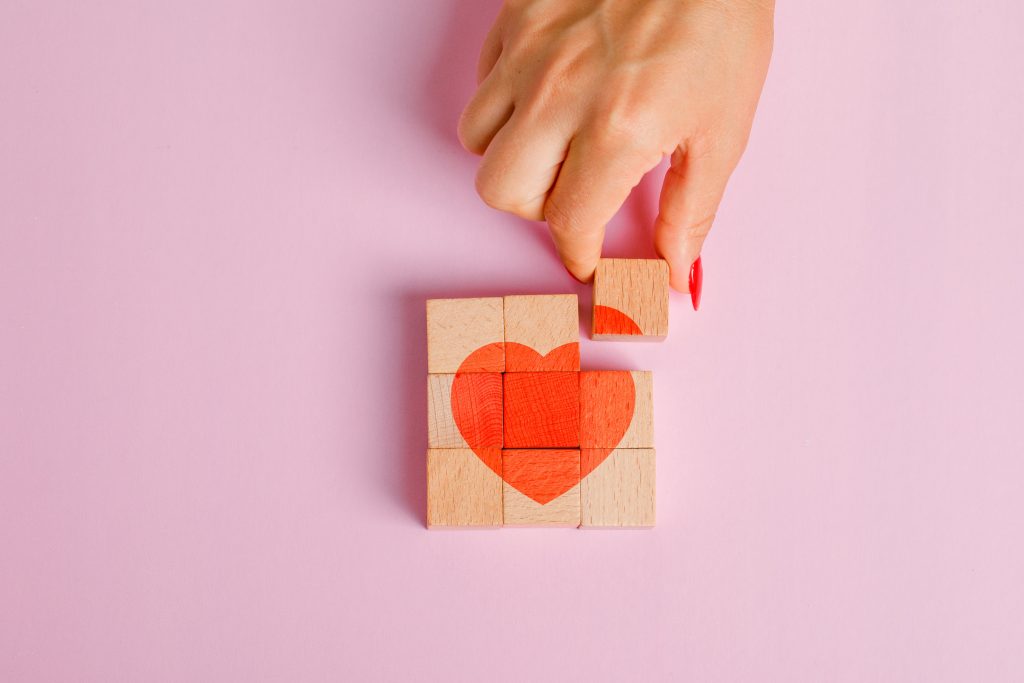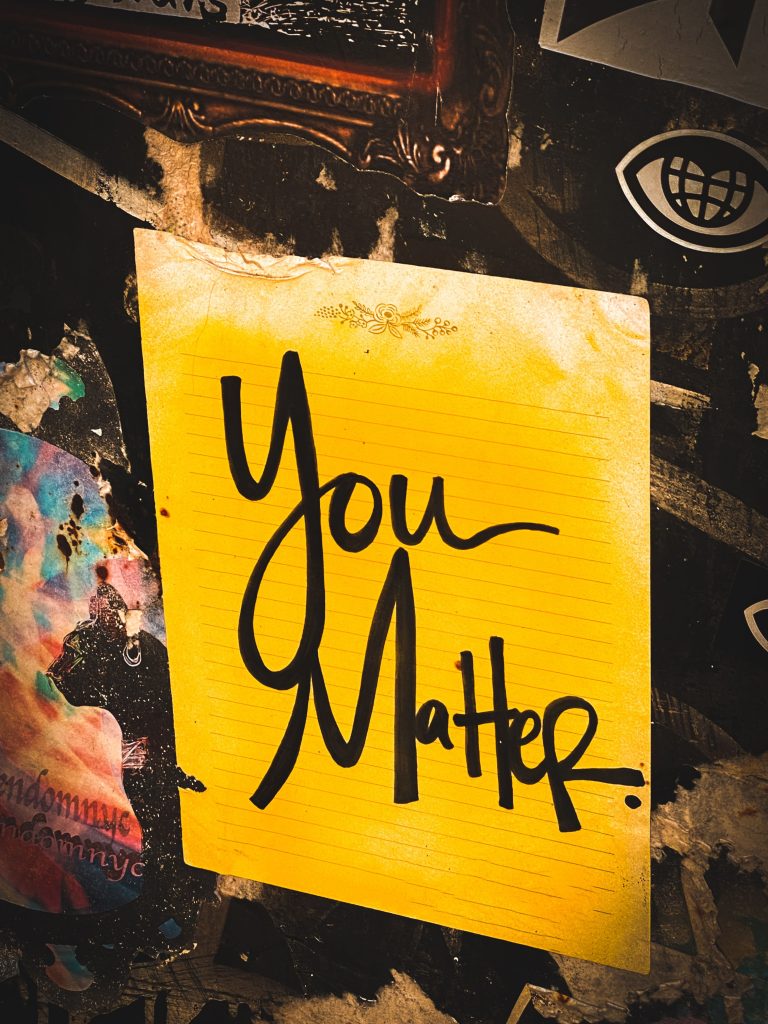Rebuilding relationships in addiction recovery
In the past, we had our loving relationships without addictive substances or thoughts rather than with people. We became increasingly isolated from those around us. We may have attempted to reach out to others, but our efforts were unsuccessful because we did not understand what had happened. When we initiate a recovery program, we learn we are not alone, and many others have struggled as we have. We realise we can change, and we see loving relationships are a possibility and, in fact, a necessity. We are all capable of having loving relationships!

Loving Relationships Bloom Over Time
A loving relationship is not an entity to be possessed. Loving relationships evolve just as individuals change from day to day and develop into new and healthier people. Relationships are a process: they are not static. Like a rose unfolding, a relationship should be enjoyed and treasured through each stage of blossoming.
To begin a loving relationship, we must be open, trusting ourselves and others. Trust and openness depend on each other in loving relationships and require courage for most of us. The Serenity Prayer helps many of us find the courage within to risk trust and openness.
Twelve-Step programs emphasise the necessity of accepting ourselves and our imperfections and accepting others and their imperfections. This quality gives us the flexibility to be gentle with ourselves and healthily interact with others.
As we grew up, we developed many beliefs bout relationships and how they should be conducted. As a result of these beliefs, we created many painful relationships. We then blamed ourselves and those we were involved with. This created further pain. The only way out is when we begin to see that we must challenge our old beliefs to experience fulfilling and joyful relationships. Some of these beliefs may include perceptions about traditional role models for men and women. They also have stereotypes of women and men expressing their feelings, such as “hysterical women” and “macho men.” Society demands that we be in relationships and that ideally, these relationships should culminate in marriage and children. If we find ourselves living in ways that don’t match these beliefs, we may be filled with negative feelings about ourselves and society.
We have been living in such a way that we have given the power to various external sources. We must live our lives from the inside out, not from the outside in as we do. The only trustworthy source of good feelings is within us.

Learning to Value Ourselves
Before we can have loving relationships with others, we must develop living relationships with ourselves. Many have neglected and abused themselves because of addictions. We came to hate ourselves and discounted our value as we became more isolated and out of touch with our lives. We were no longer fully alive; we were dying inside. We need to learn to value ourselves for who we are. Initially, we may not know who we are, but as we nurture our budding new selves in recovery, we discover qualities that we have either forgotten or overlooked. Many of us easily identify qualities we despise about ourselves. Yet, within them, at least, there is always a seed of strength.
For example, we may know of our perfectionism and recognise the negative consequences. However, we may not see the positive aspects of perfectionism: caring, diligence, and a desire to achieve and do better. Perfectionism is an example of losing perspective on what is truly important due to our underlying insecurity. Sometimes, we judge our positive qualities as insignificant. Consider the person who has a delightful sense of humour yet cannot see how this can contribute to a healthy lifestyle or a loving relationship.
As we progress in our recovery from addictions, we begin to see the need to take care of ourselves and learn about our capabilities and potentials. The process of addiction was our way of searching for wholeness. In the beginning, our efforts appeared to be successful to some degree, or we would not have continued. However, our addictions or compulsions were external solutions. We were living life from outside in. Through recovery, we are learning who we are, and we can love ourselves despite imperfections.

Respecting Another’s Differences
When we fall in love, we see the other person as perfect or ignore their faults. We are filled with exhalation. We view the world through rose-coloured glasses and attribute our good feelings to the presence of that other person in our life. But, most of us have not realised these feelings come from within ourselves. The other person is only a catalyst.
As the relationship continues, the intense feelings may fade. We may experience renewed fears of intimacy and become more insecure. We then become judgmental and begin to focus on each other’s imperfections. The more seriously we take these judgments, the more we blame the other for our negative feelings. Our old beliefs and attitudes can quickly resurface. For instance, we may find ourselves thinking, “I’m not capable of a good relationship. I don’t deserve one.” Or we may make sweeping generalisations, such as “men can’t be trusted,” “women can’t be trusted,” “relationships never last.” When we catch ourselves being judgmental of others, we need to remember we each have our way of looking at things. These are only thoughts, and we have a choice of how seriously we want to take them.
We all see the world from a unique point of view, and we each may draw entirely different conclusions about the same event. We often expect others to see things our way, and we waste hours in frustration trying to convince them of our view. We may have forgotten that some of those differences were the elements that helped us fall in love. If this happens to us, we lose our perspective and take our thoughts too seriously.
Letting go of our attempts to control another is a remedy for this. We can let go of trying to make this person into something they are not. We can begin to appreciate our personality differences once again and see the richness the other can bring to our life by sharing unique perceptions.
A therapist can provide us with valuable feedback on our perspectives and facilitate in rebuilding relationships.
We need to cultivate gratitude within the relationship by focusing on what we like about it. We can even find value in aspects of the relationship that we are least comfortable with. When we look at what we can learn from this, we are more apt to feel grateful and forgiving. We can accept this person. The more accepting and tolerant we are of ourselves, the more accepting and forgiving we will be of another.
Loving relationships are possible for us, and all relationships can be loving. The awareness that distinguishes a healthy relationship is that we choose to be there rather than believe we need to be there.

Freephone: 0800 140 4044
Local rate: 0300 330 3040
Contact us here to find out more



